


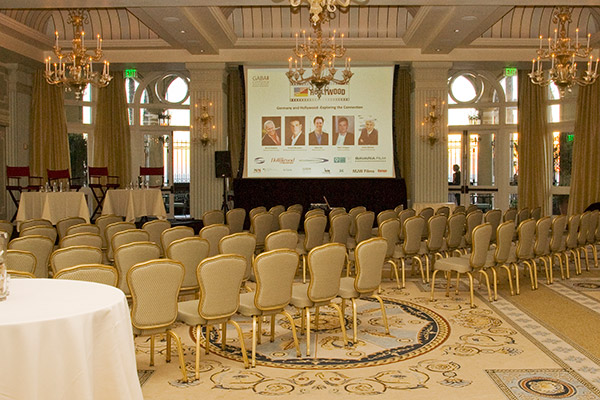
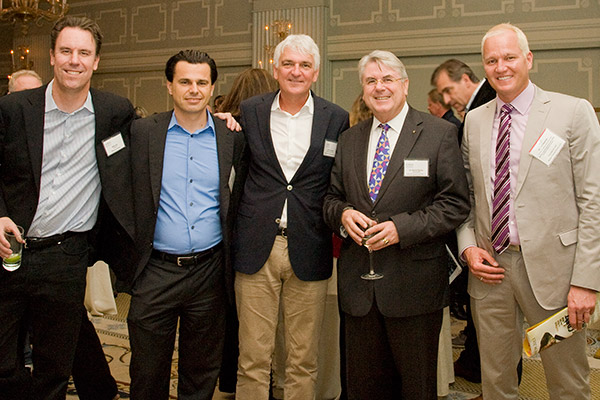
Mark Gill, President of Millennium Films; Michael Metzger, Vice-Chair and Board Member of GABA’s SoCal Chapter, Principal at Covert&Co.; Achim Rohnke, Managing Director and CEO of Bavaria Film; Dr. Bernd Fischer, Consul General of the Federal Republic of Germany; Bernd Stephan, President and CEO of Media Finance Group and Co-Chair, IG Media and Entertainment of GABA’s SoCal Chapter
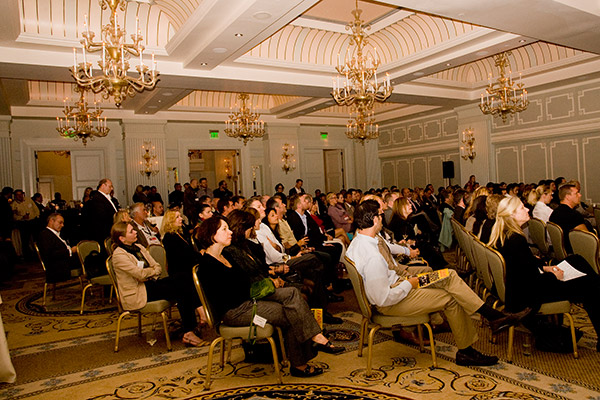

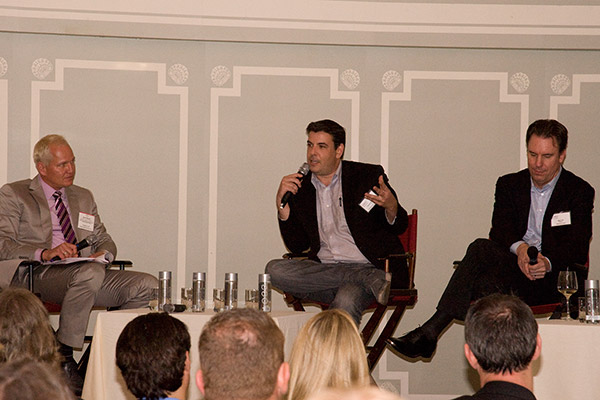
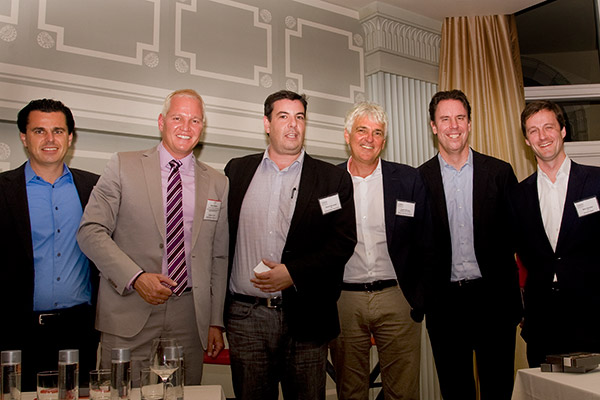
Michael Metzger, Vice-Chair and Board Member of GABA’s SoCal Chapter, Principal at Covert&Co.; Bernd Stephan, President and CEO of Media Finance Group and Co-Chair, IG Media and Entertainment of GABA’s SoCal Chapter; Vincent Bruzzesse, CEO Worldwide Motion Picture Group, Achim Rohnke, Managing Director and CEO of Bavaria Film; Mark Gill, President of Millennium Films; Mark Schipper, COO of Exclusive Media
Source: The Hollywood Reporter
4:42 PM PST 11/12/2013 by Scott Roxborough

German financing was key to getting Ron Howard's "Rush" made. Universal Pictures
“If you can't sell your film to Germany, don't bother making it.”
That was the blunt, perhaps surprising message from Millennium Films President (and ex-Miramax and Warner Independent exec) Mark Gill at a conference Monday (Nov. 12) on the importance of the German market to Hollywood.
“Two thirds of the box office these days comes from the international market...And Germany is one of the biggest international territories,” Gill told a packed house at the Hotel Casa Del Mar. “If you are never going to sell to Germany, you should never be making that film.”
China, with its booming box office and promise of billions in new equity funding, may dominate the headlines but the expert panel brought together by the German American Business Association said Germany remains a key element in putting together film financing, particularly as Germany's economy has held up while much of the rest of Europe suffers.
“Italy used to account for 5-6-7 per cent of a (film's) budget. Now it's 0.03 percent,” said Gill. “Spain used to be 3-4-5 per cent. Now it's 0.01 per cent.”
Germany, in contrast, can often make up 10 percent or more of a film's budget on a pre-sales basis. Box office, helped by strong 3D take up, continues to grow and DVD sales, which have plummeted in many territories, are still stable.
But not every film will work in Germany. Achim Rohnke, CEO of Munich-based production giant Bavaria Film Group noted that the German box office split is “32 per cent comedies, 24 per cent action films and 14 per cent children's films. Together that's two-thirds of the audience. So if you want to sell to Germany, make one of those three genres," he noted.
Marc Schipper, COO of Exclusive Media, whose Ron Howard-directed feature Rush shot in Germany and whose budget relied on a big German pre-sale, as well as as local soft money subsidies, noted that horror and “out-and-out drama” were no-go areas for the territory.
“Five years ago if you had a solid drama script you could sell the sh-t of that. Now you have truly great dramas out there and you can't give them away,” Schipper said.
Other must-fail genres for the German market, Gill noted, are Westerns and films focused on U.S. sports.
“I had one producer pitch me a project – a true story about the American Calvary in the old West stopping fighting to play a friendly game of baseball with the Cherokee Nation," Gill said. "Are you f-cking kidding me? That's a textbook case of what not to do.”
Shooting in Germany has also become an increasingly viable option for independent films as German states roll out new incentives. The southern state of Bavaria this year, for example, launched a special equity fund aimed at backing international co-productions that shoot in the region. Samuel Jackson-starrer Big Game, which Altitude Film Sales was shilling to buyers at AFM this year, was one of the first projects to take advantage of the new program.
“I can guarantee you 25 percent up to 35 percent (soft money) depending on the film and the budget,” said Rohnke of Bavaria Film. “But we have had films shoot with us that had 75 percent soft money in their budget so it depends on the project.”
Schipper of Exclusive noted that producers should not focus solely on the size of the tax break they are getting from an individual country but look at the full package – including the pool of local talent, the established production infrastructure and the needs of the specific project.
“The (tax) rebate alone is pretty meaningless,” Schipper noted. “If you look just at wage costs, for example, Germany's are very high. Romania's are a lot lower but you don't any rebate on that. In the end the difference will only be around 10-15 percent so it all comes down to what is better for the film...We set up Rush as a U.K.-German co-production and shot in Britain and Germany because it was a British-German story. It just made sense.”












